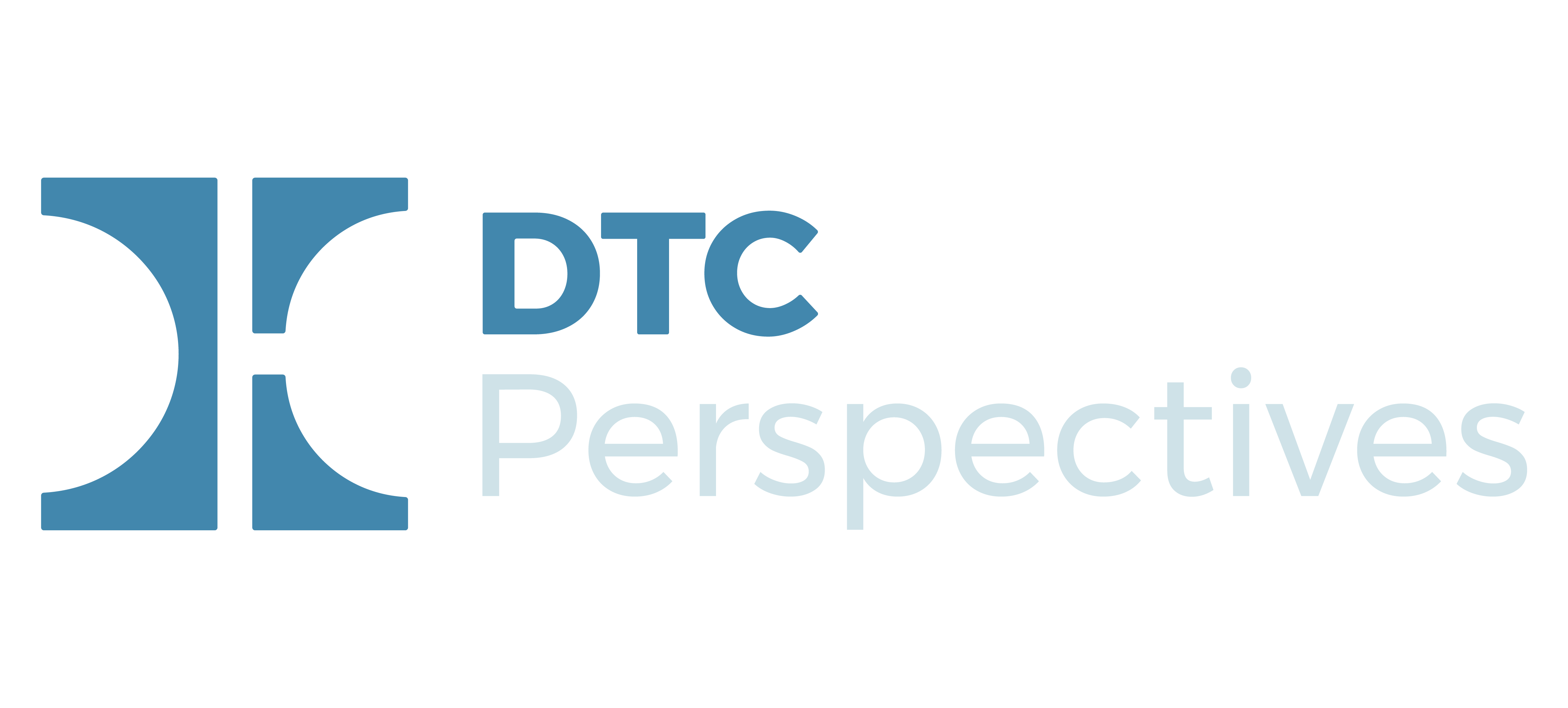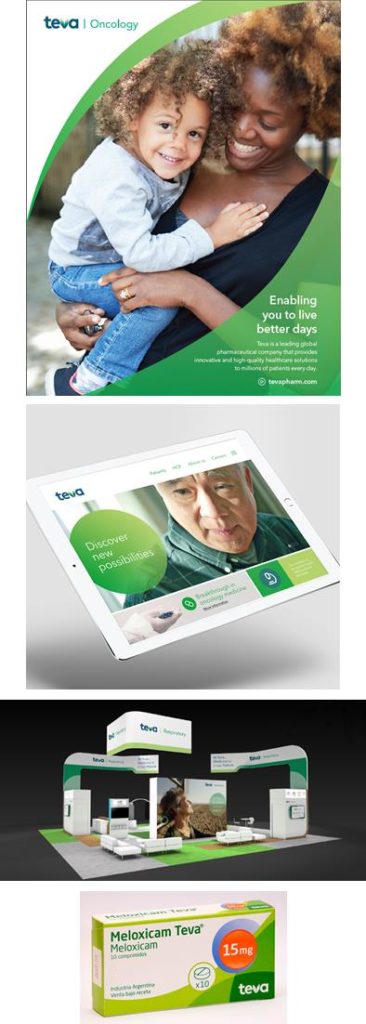Kantar Media reported full year 2017 DTC spending declined 4.6%. Is this decline any reason for concern among the DTC industry? No, not really. DTC spending has become an integral part of drug brand marketing. There is no drug industry talk of ending it or reducing its importance. There was such talk during the temporary decline of spending about five years ago but that never took hold.

-Bob Ehrlich
There were several CEOs then who were questioning whether DTC was hurting the drug industry in terms of image. There was joy among the critics that maybe drug companies would end the practice of creating consumer demand. I think the drug companies recognized that the critics would not change their negative views even if DTC was ended. The critics did not like drug companies before the 1997 spending surge and although DTC angered them more, that is not their biggest issue. It has been and is about price. Unless drug makers agree with critics they make obscene profits and cut their prices to generic levels; there will be no peace with the critics. If there were no DTC, price issues would remain. DTC is a convenient talking point and used by critics to lead the public to believe they are being manipulated by greedy drug makers.
So back to the decline of 4.6%. Kantar reported that magazines and Internet companies shouldered the whole decline. In fact television DTC was up over 6% in 2017. The print media industry has a selling job ahead to keep their publications profitable. This is not just about their share of drug ads but a fight for viability of traditional hard copy magazines. Print is still a place to see greater detail on drug benefits and risks and I expect the major print conglomerates to innovate to keep readers and advertisers.
DTC is now a mature ad category. Growth in any given year will depend on new brand entries and when brands are going off patent. We can therefore expect years with growth and years with decline. The 4.6% decline is not the start of any long term trend down. As long as drug companies see a positive ROI DTC ads will continue. We saw the rise of diabetes drug ads the past few years along with the end of erectile dysfunction ads as they go off patent. That is what we will continue to see in DTC spending with some categories accelerating and some ending their ads.
Of course there are existential threats to DTC which could make spending decline dramatically. Those include an outright ban, putting a moratorium on for new brands, taxing it by making it non-deductible, or going to single payer healthcare. None of these will happen in the next few years. That being said, a Democrat House and Senate majority could make it very possible that DTC will be a casualty of healthcare reform. Mr. Trump might sign a bill accepting limitations on DTC as part of a bigger bargain on free market practices.
In the meantime, we will see DTC remain strong in total and see spending shifts within media categories.
Certainly media innovators are looking at new digital platforms such as virtual medicine, point of care opportunities, and new ways to gain efficiency from television and print.









